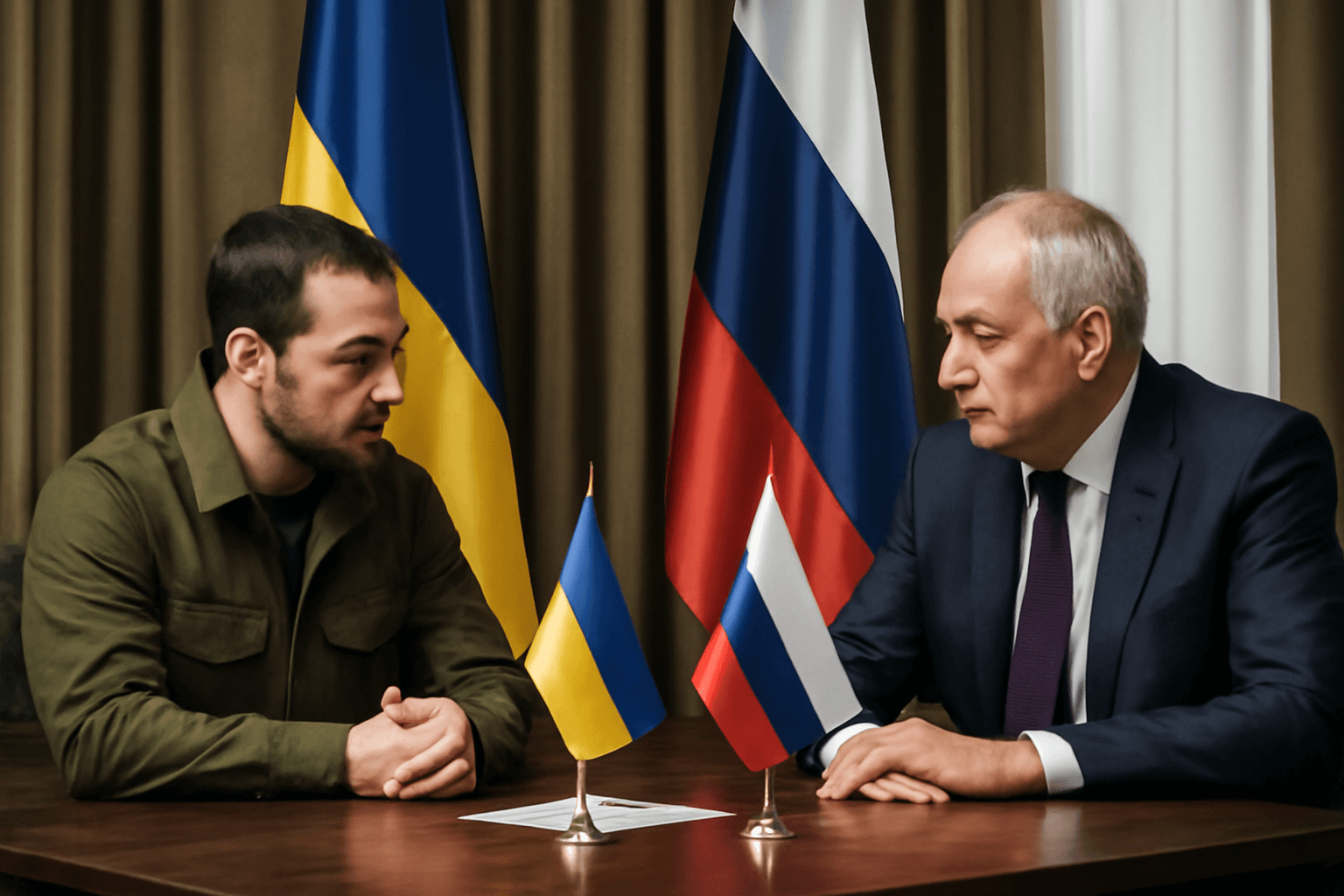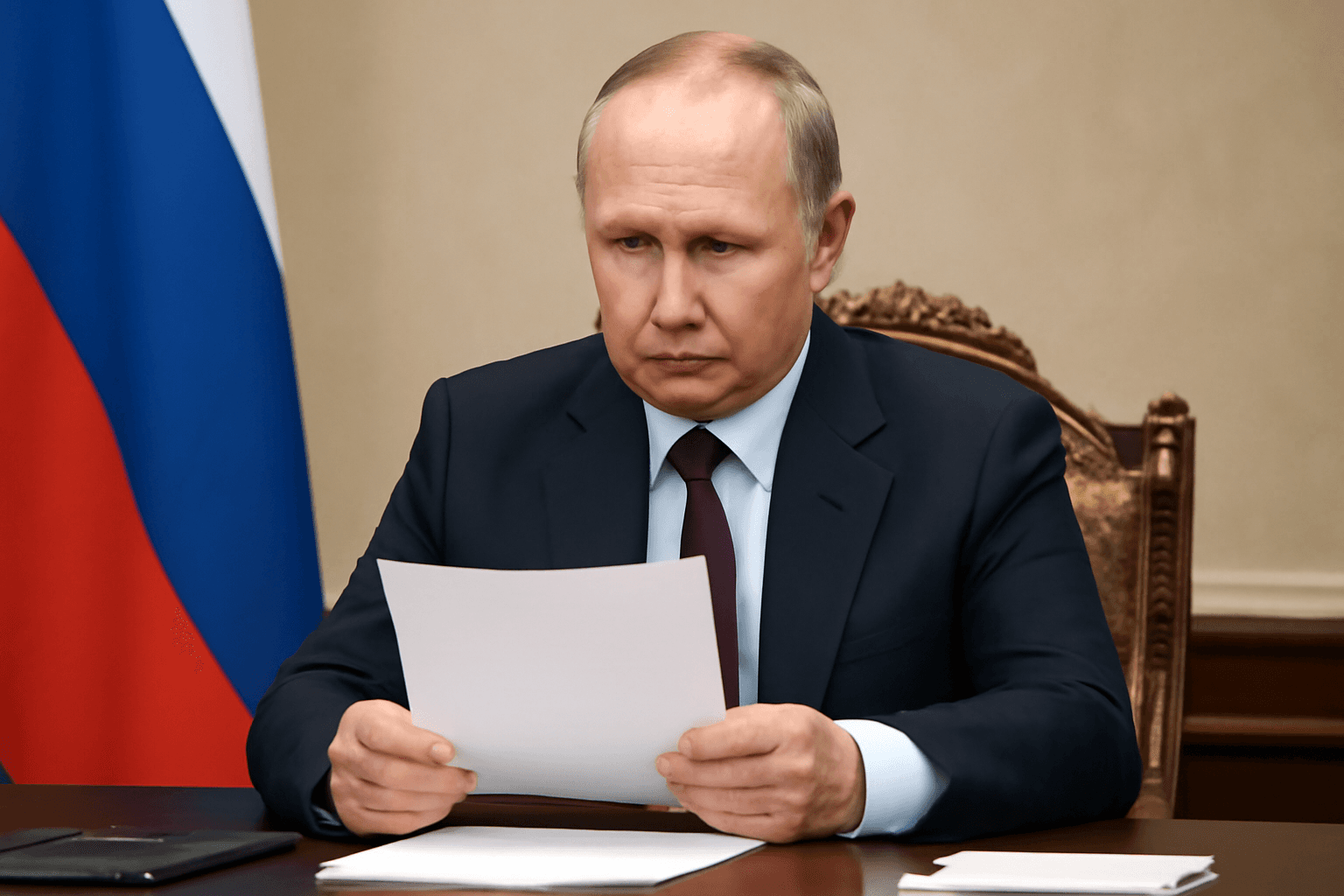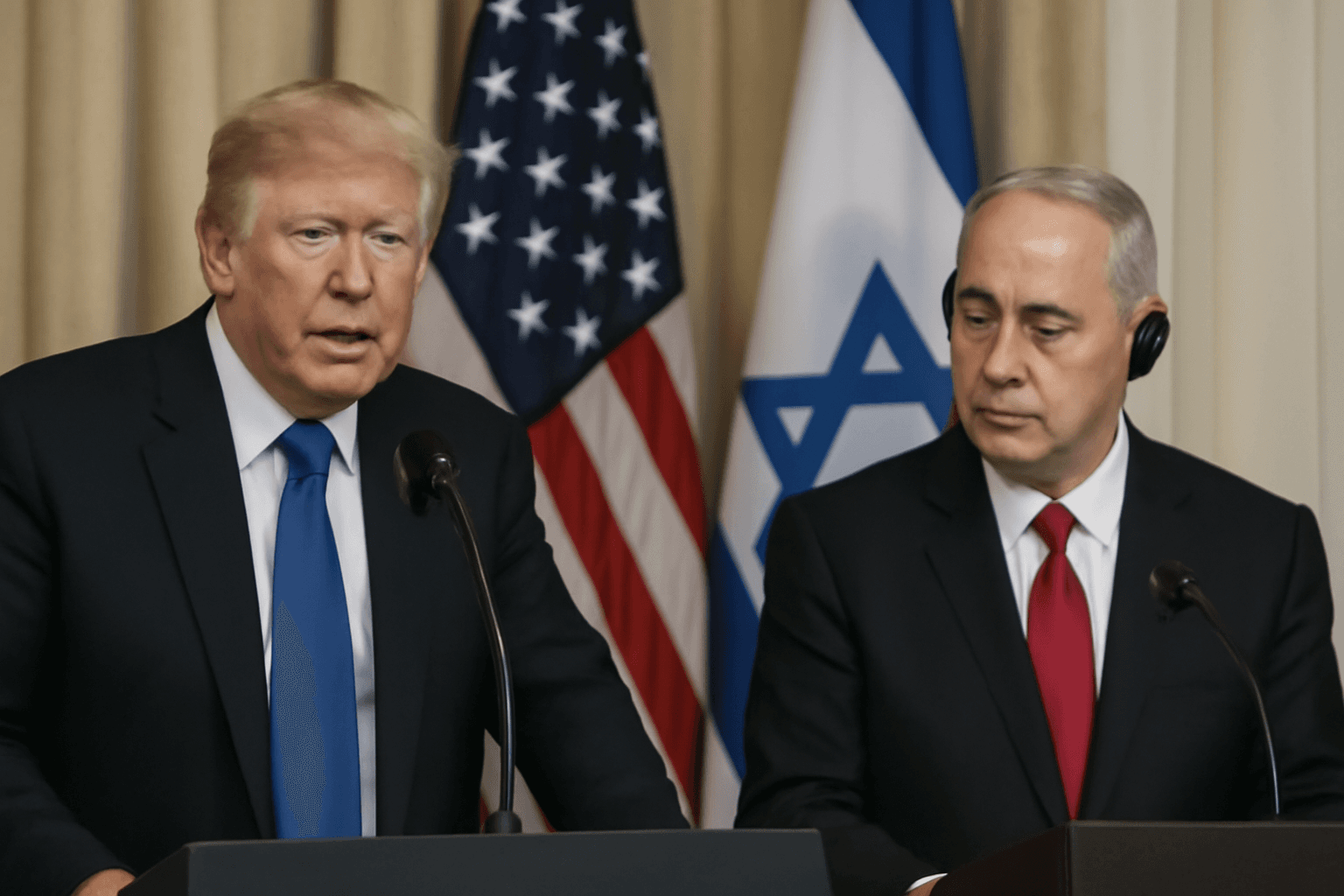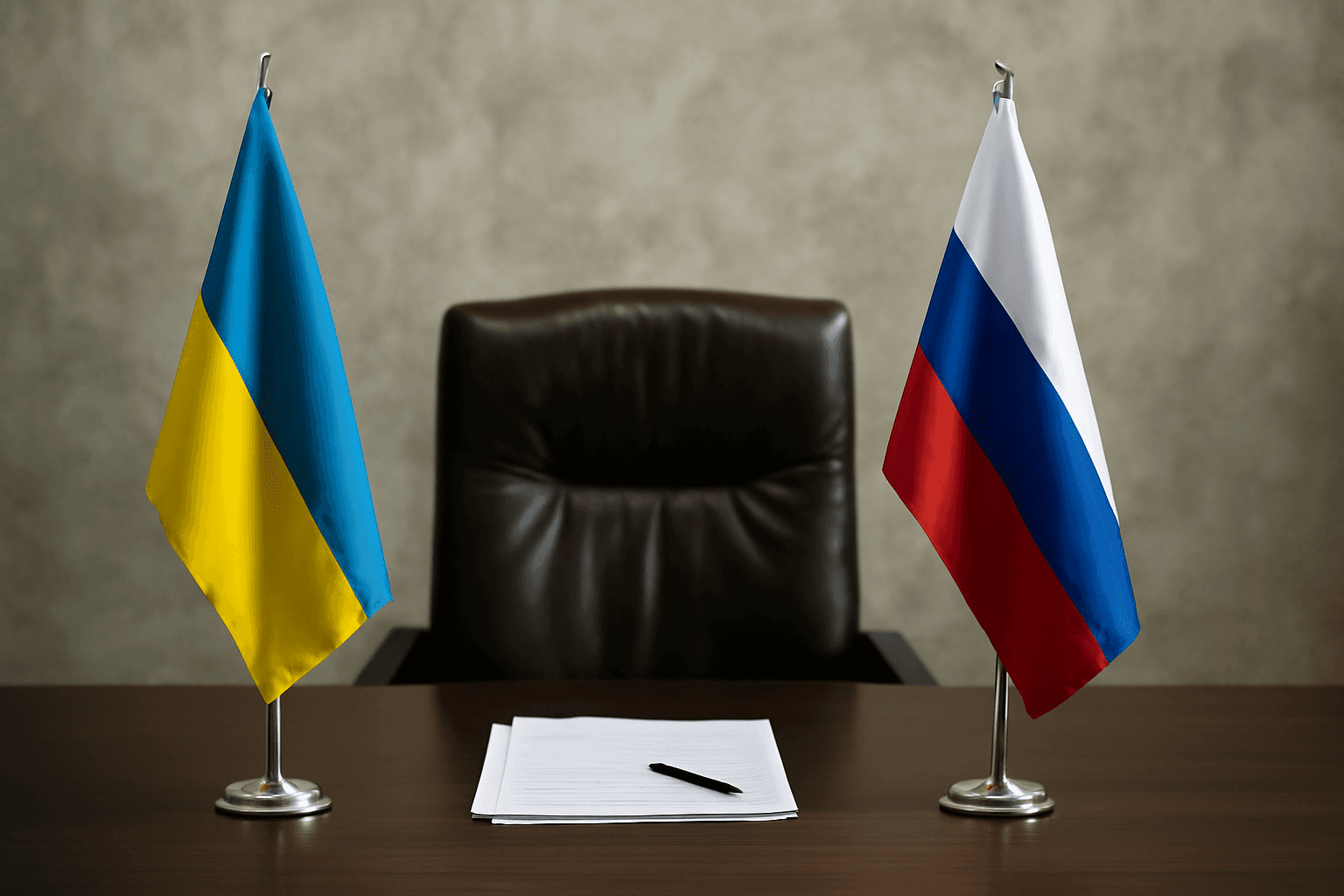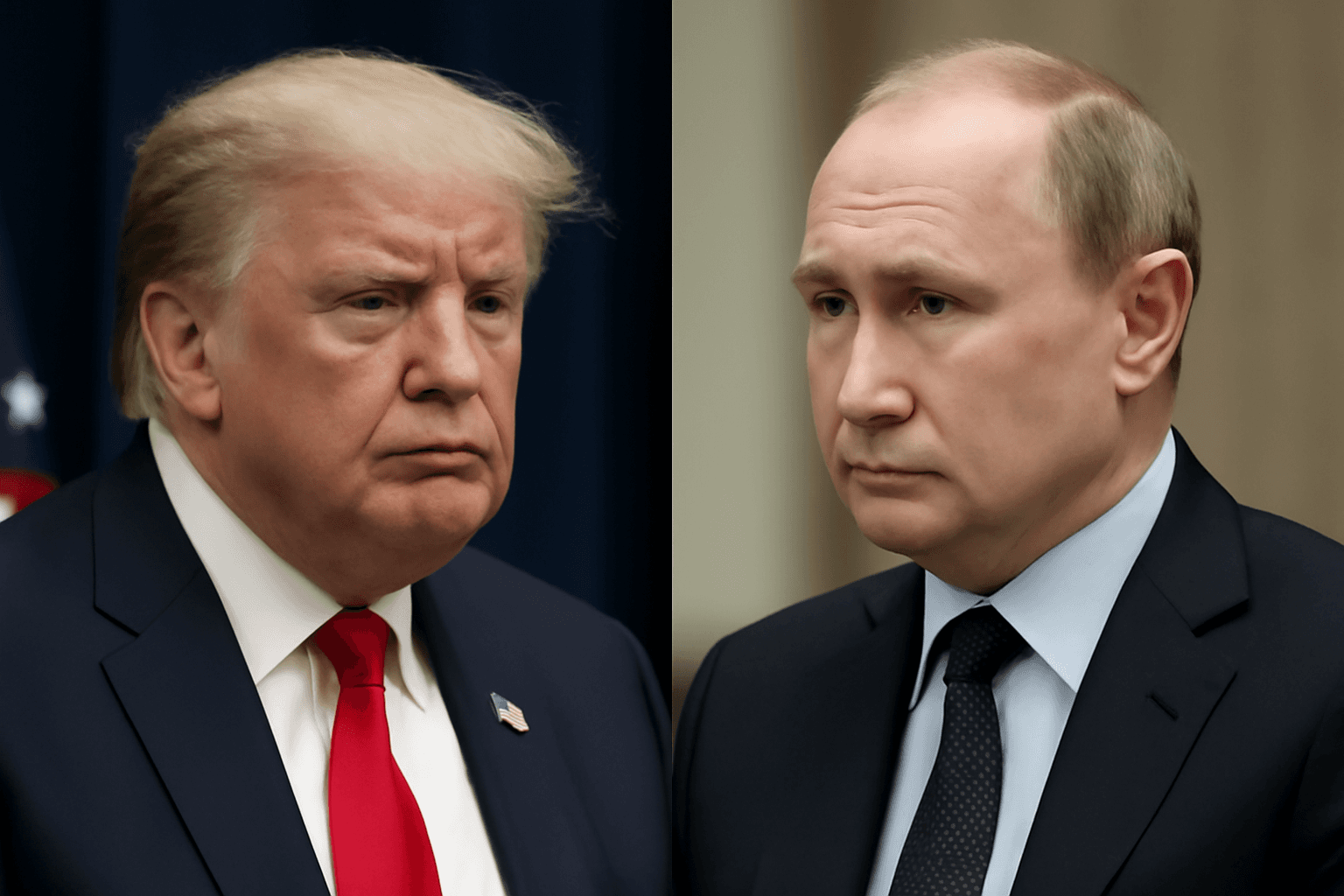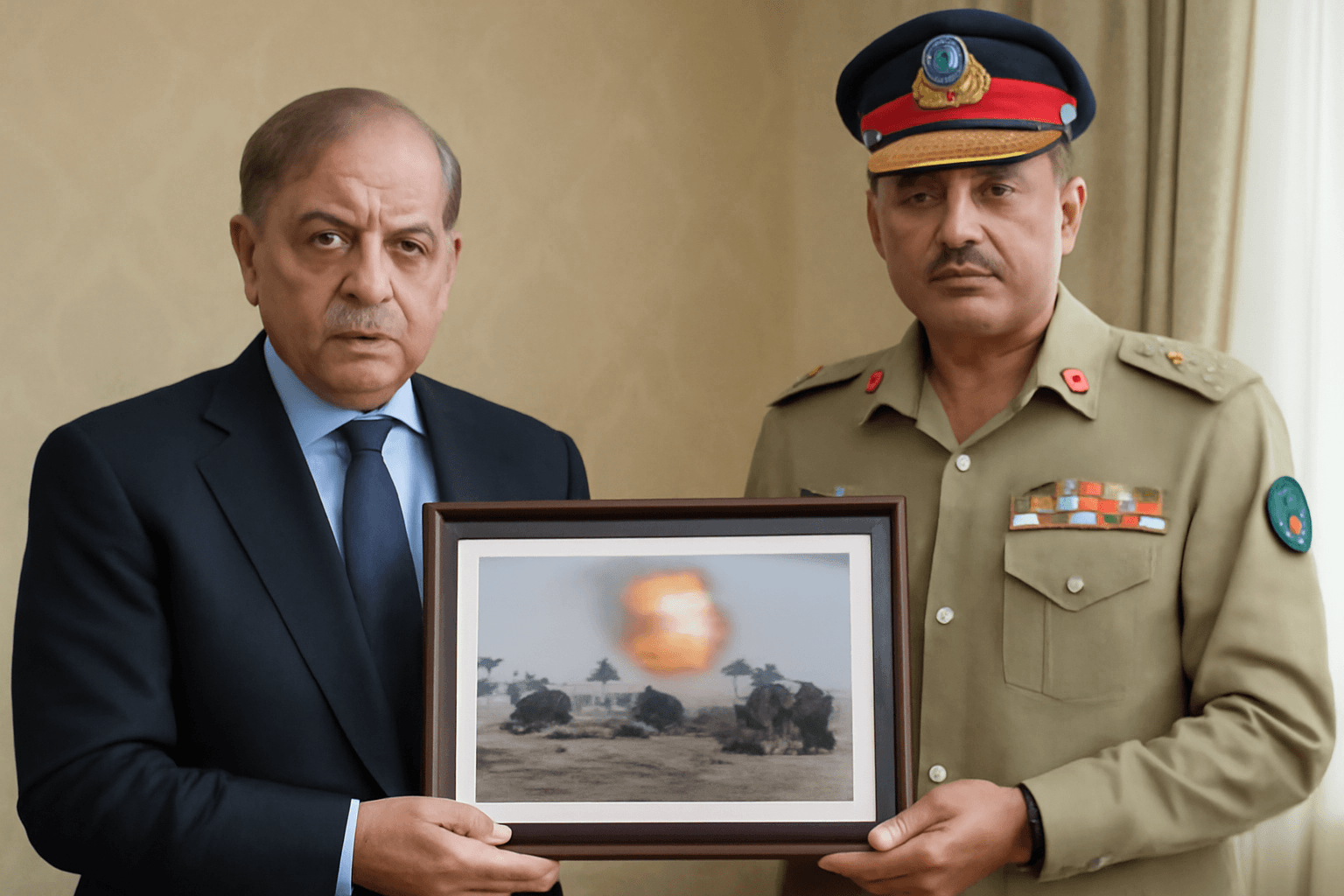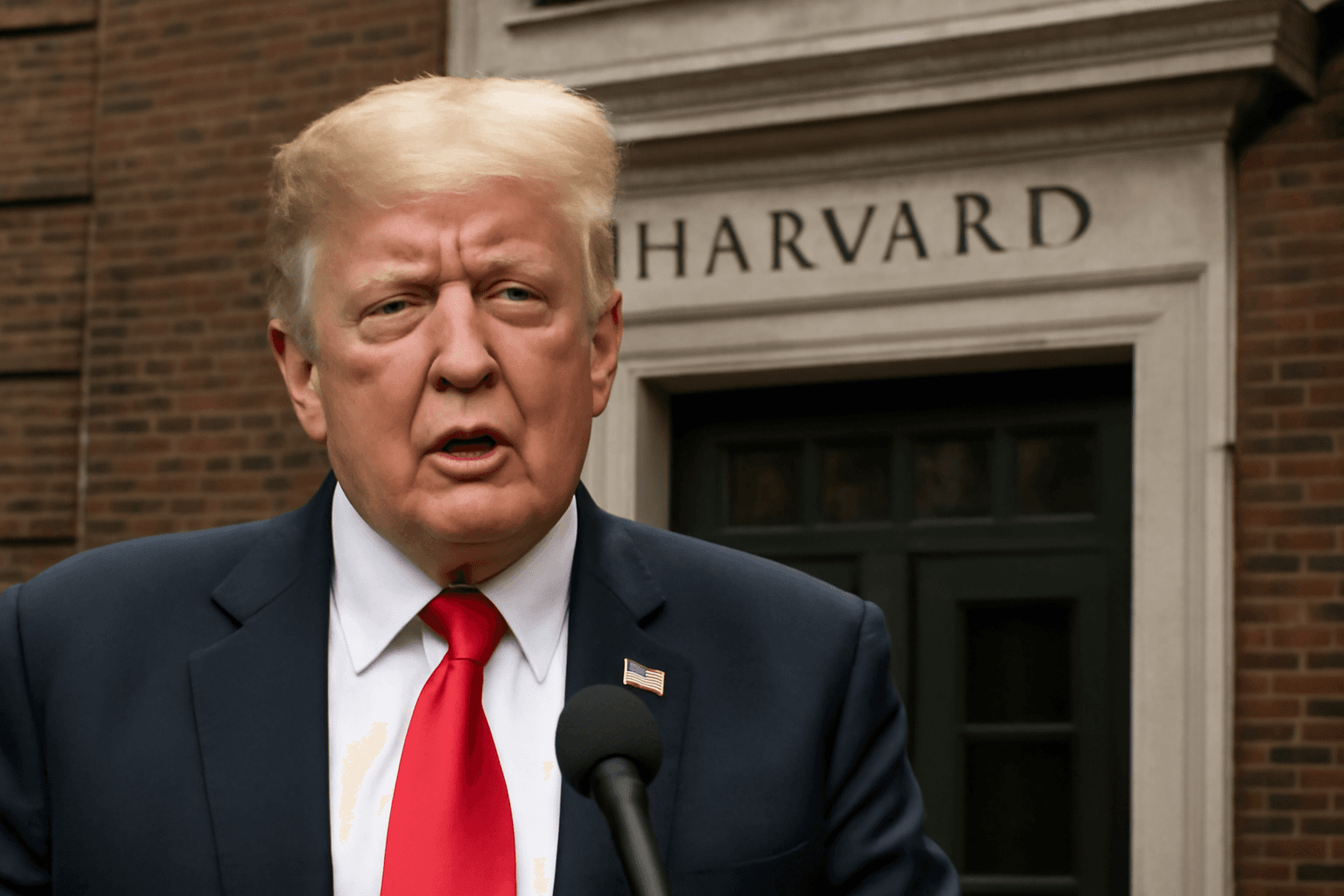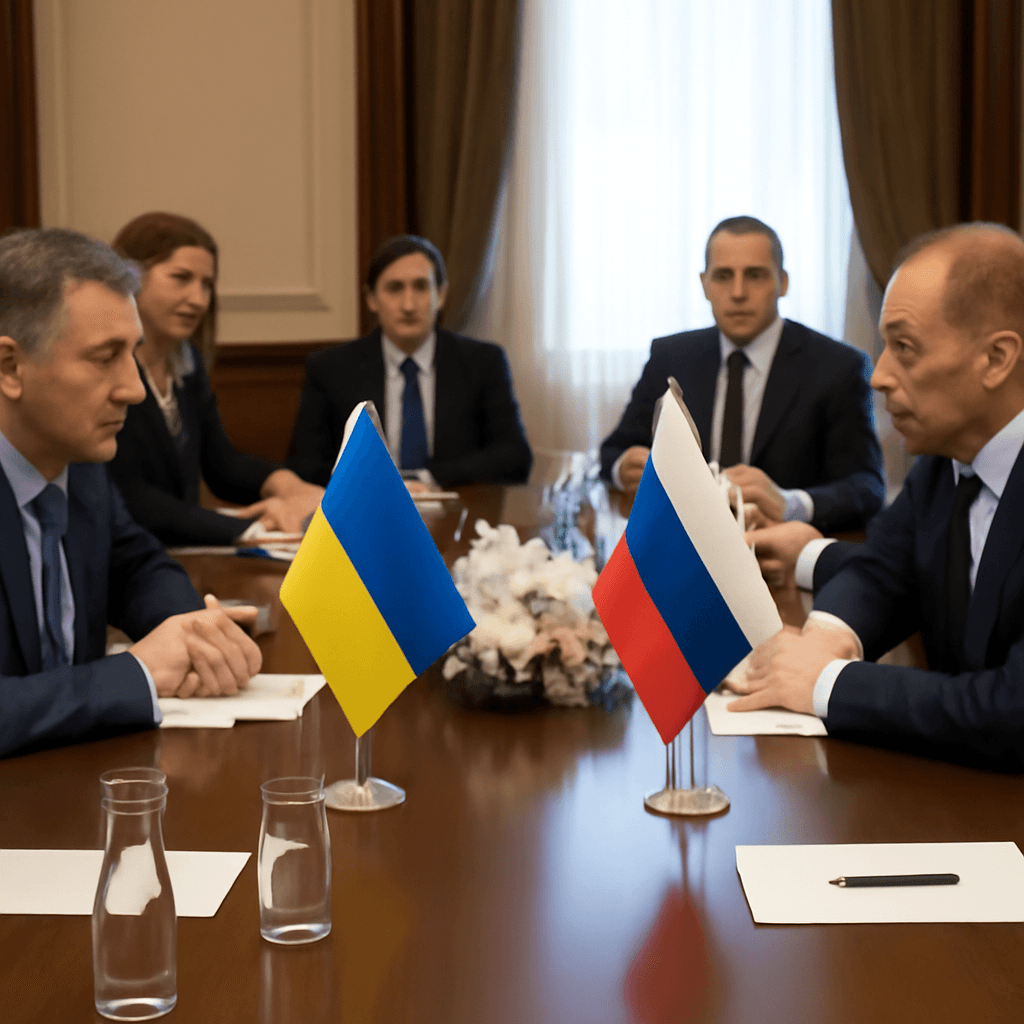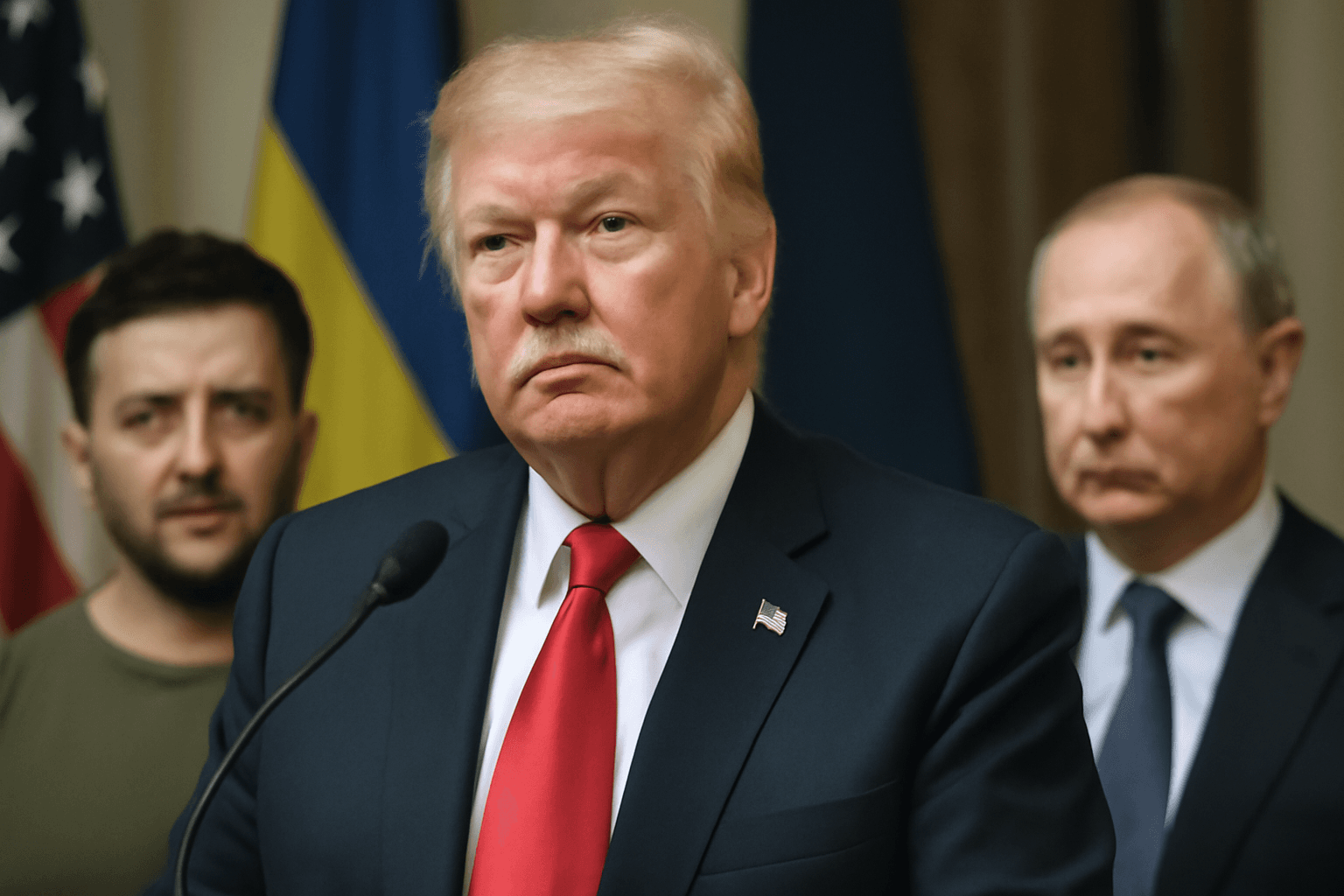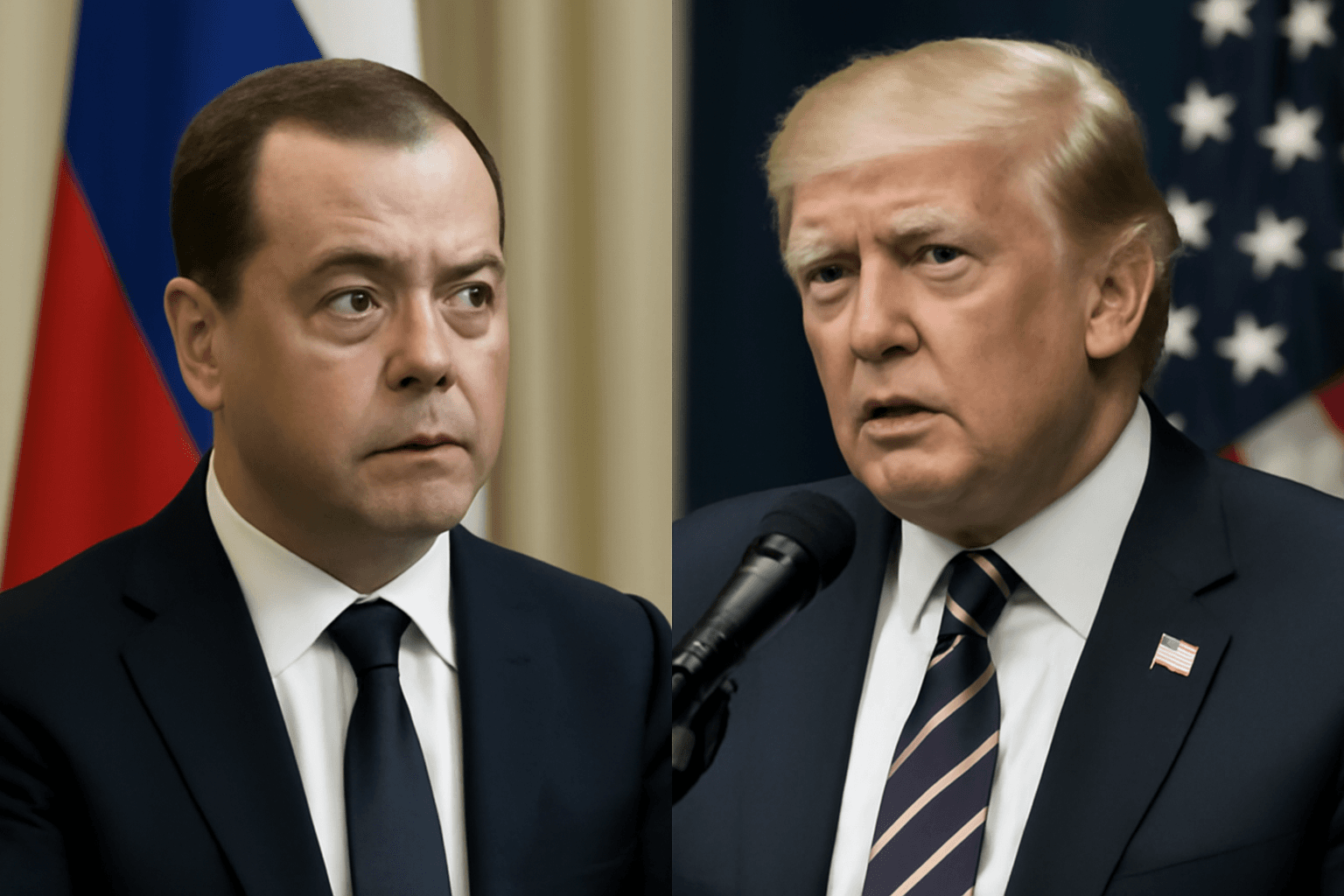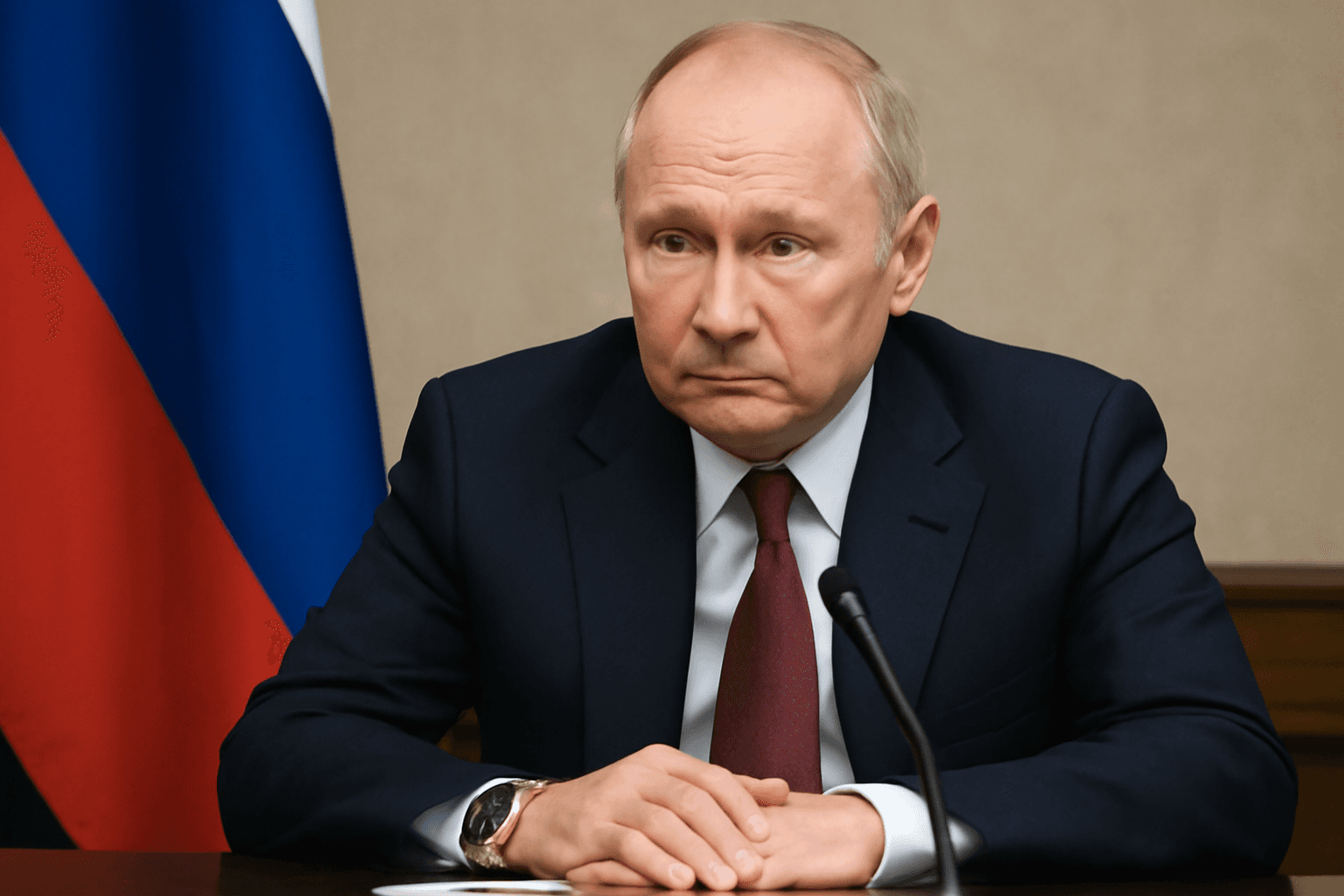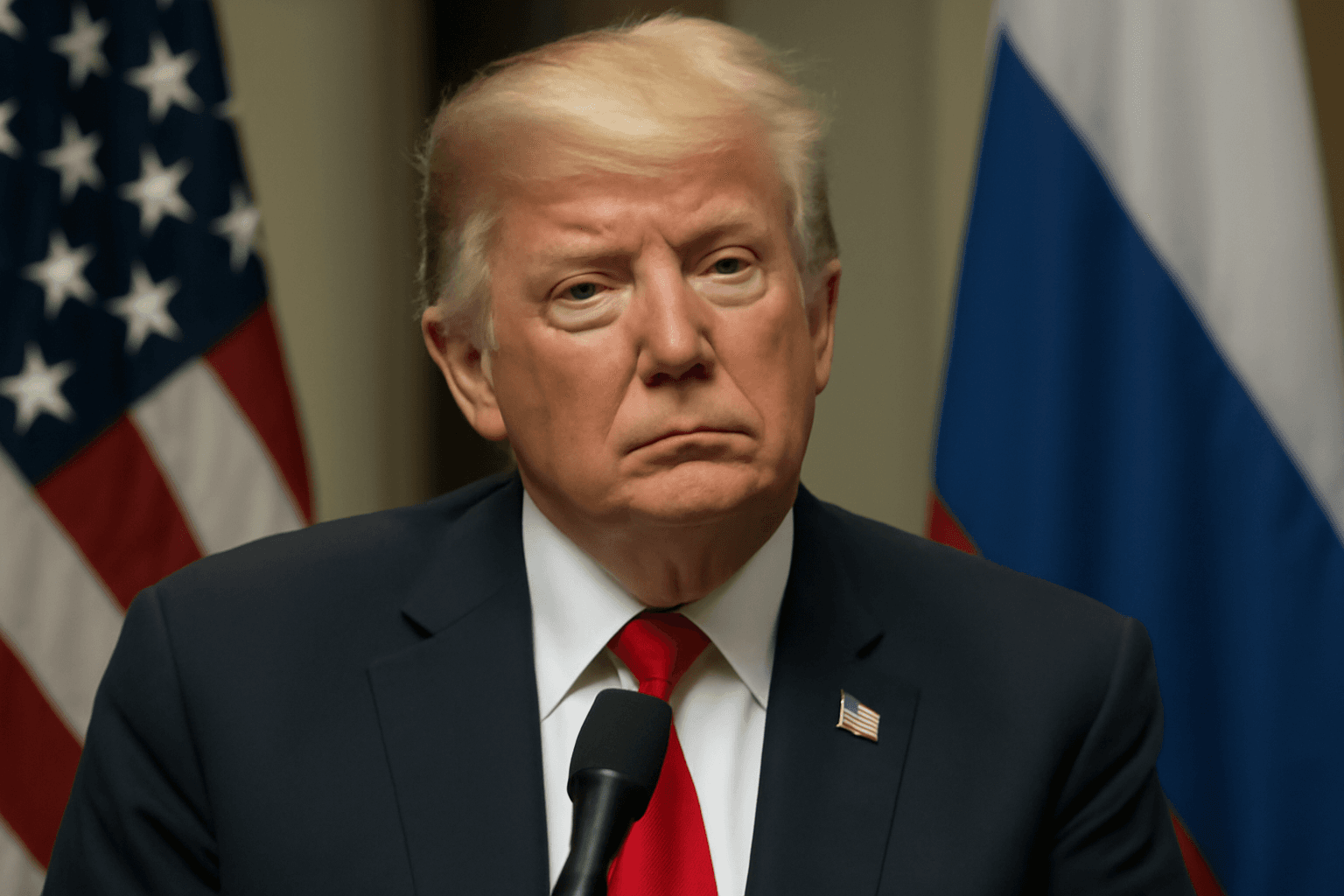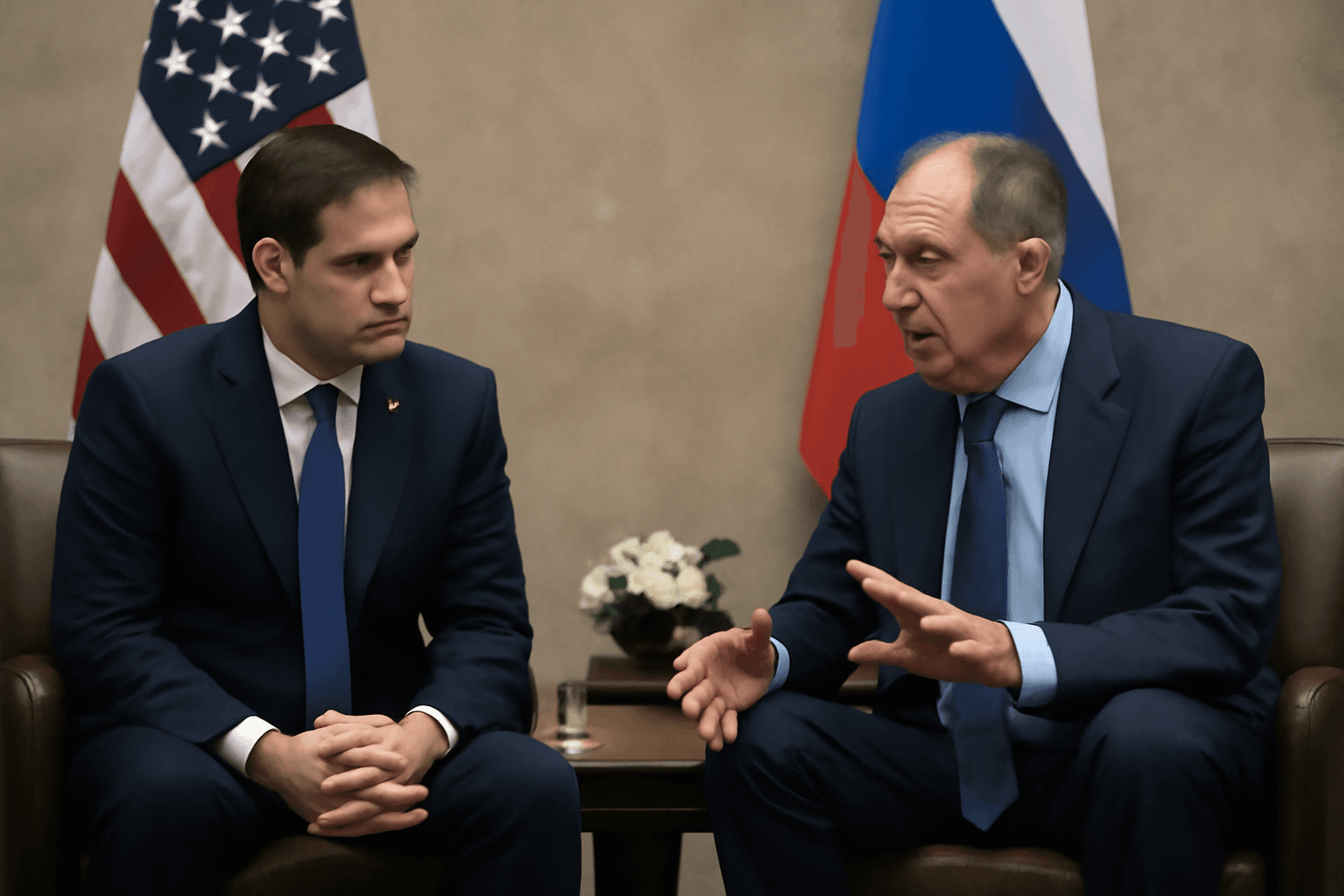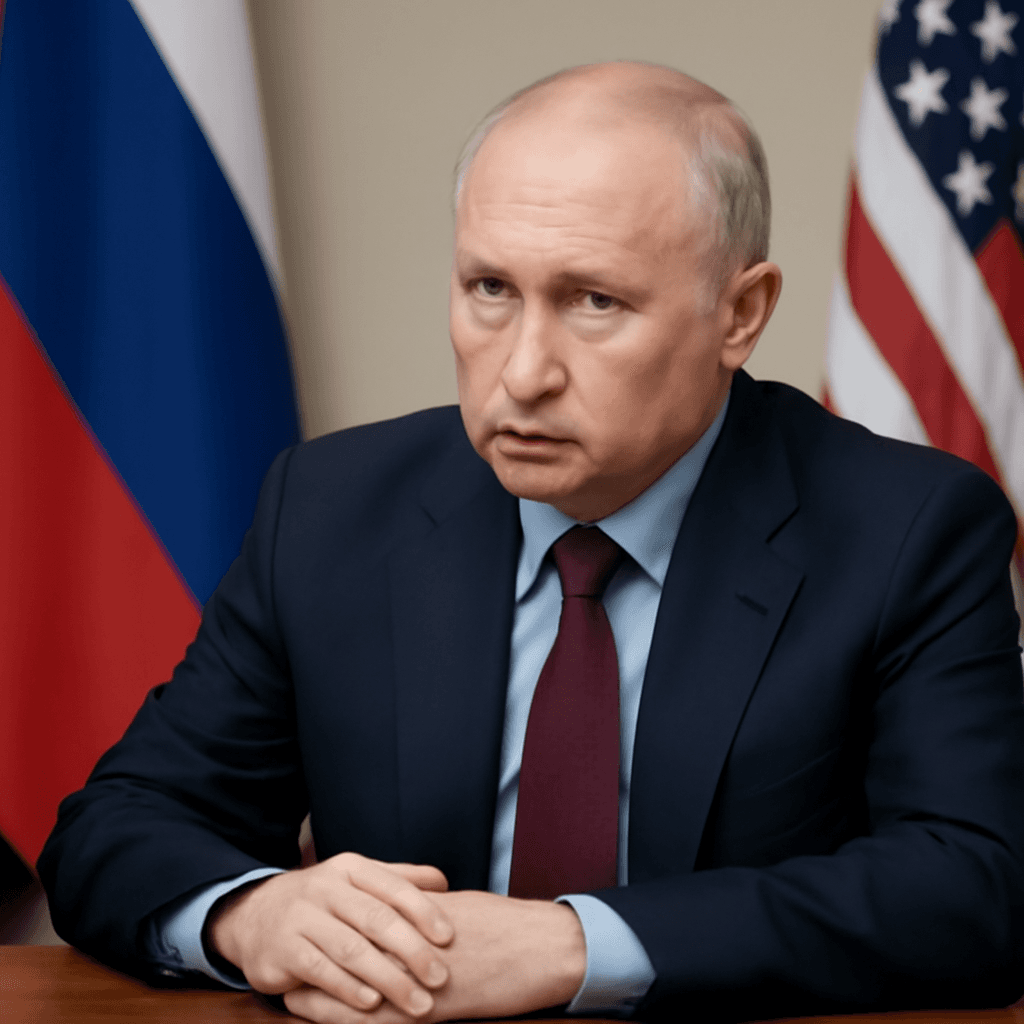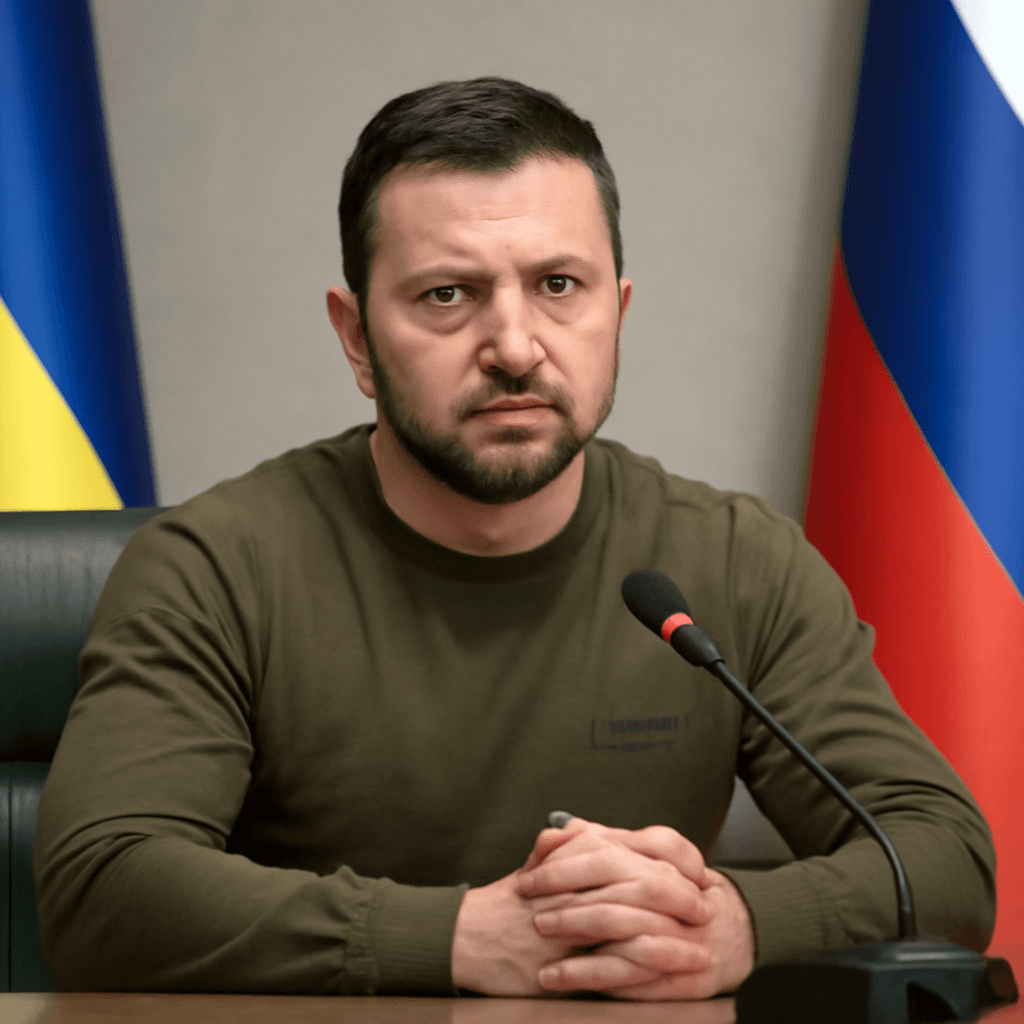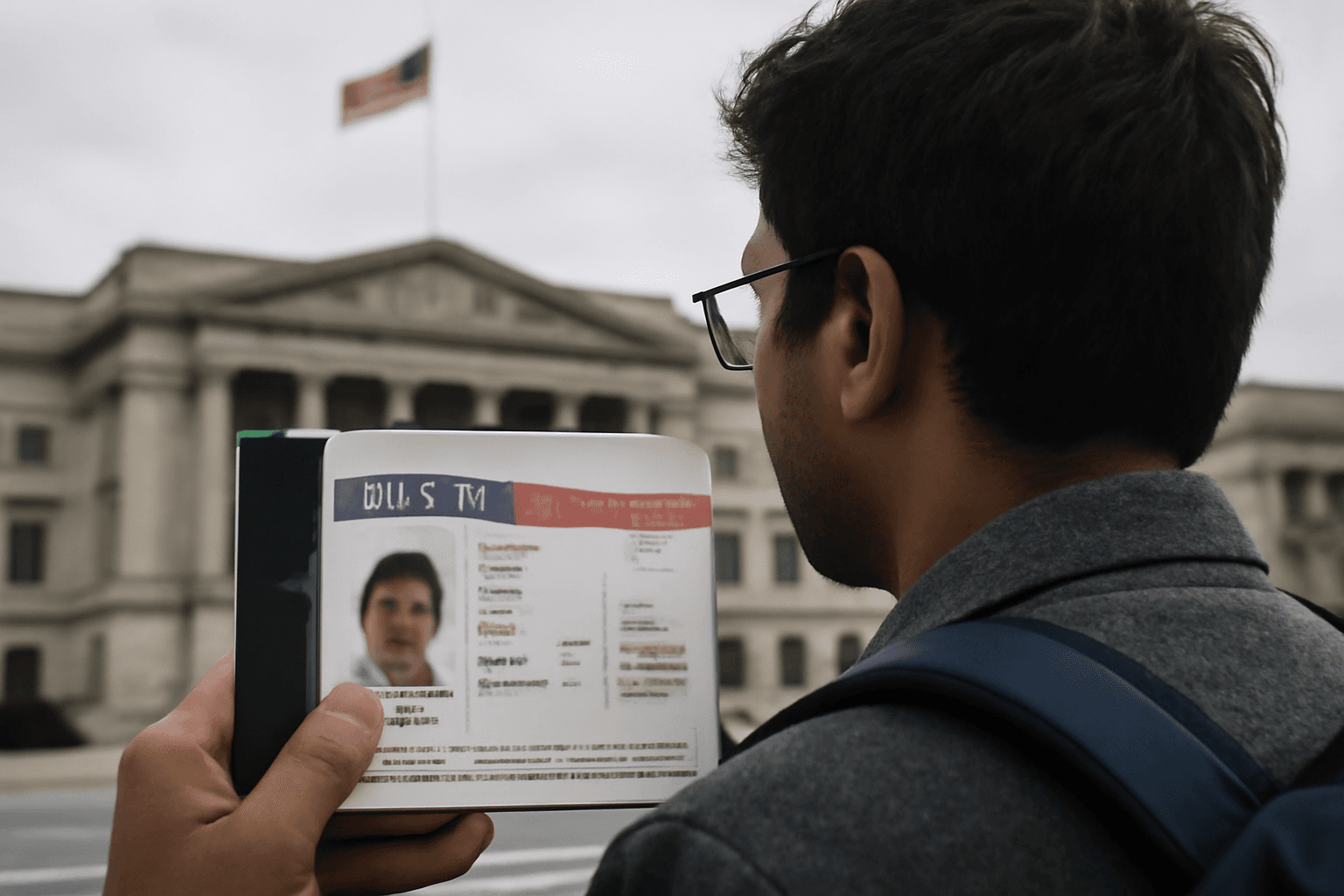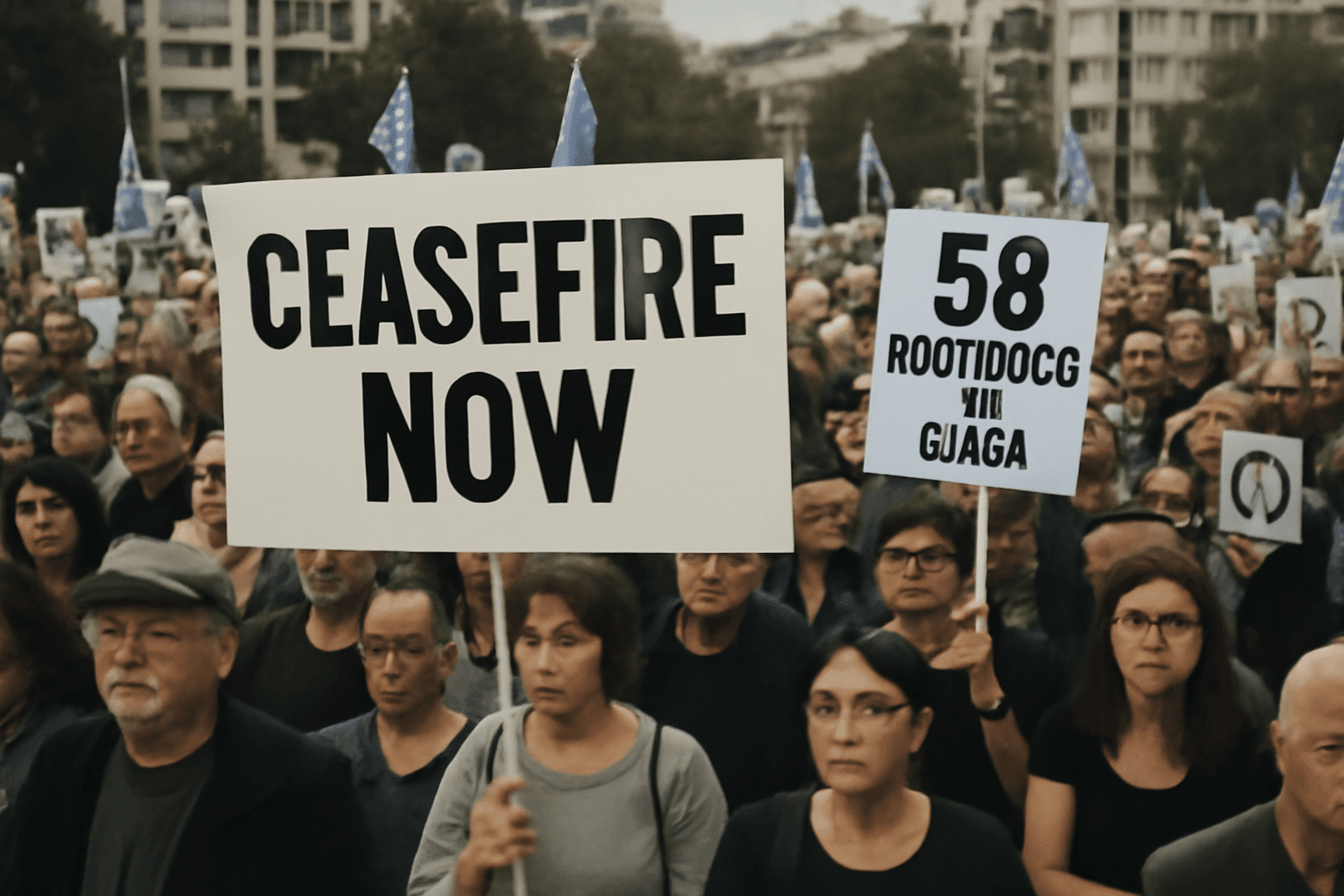Russia and Ukraine are scheduled to resume direct peace negotiations in Istanbul on Monday, June 2, under mounting international pressure and ongoing conflict escalation. The upcoming talks mark a critical juncture as both sides maintain firm preconditions for dialogue.
Russian Foreign Minister Sergei Lavrov announced that Moscow's delegation, led by Vladimir Medinsky, is finalizing a memorandum intended for presentation to Kyiv during the second round of discussions. "We are ready to provide detailed explanations and proposals," Lavrov stated in a video released by the Foreign Ministry.
Kyiv has expressed willingness to continue negotiations but insists on receiving Russia's peace proposals in advance to ensure productive dialogue. Ukrainian Defence Minister Rustem Umerov, who headed the previous negotiations, emphasized the necessity for substantive diplomacy, stating, "The Russian side has at least four more days to submit their document for our review. The next meeting must yield results." Kyiv has already outlined its peace demands and stresses that any agreement must be founded on mutual clarity and seriousness.
Conversely, Moscow insists Ukraine abandon its aspirations to join NATO and relinquish territory currently controlled by Russia—a stance Kyiv considers unacceptable. Tensions remain high on the battlefield, with both sides engaging in deadly strikes despite ongoing diplomatic efforts.
US President Donald Trump, who has been involved in mediating the conflict, publicly expressed disappointment over Russia's continued military actions during negotiations, warning that such conduct jeopardizes peace prospects. Trump rejected calls for intensified sanctions, indicating a preference to preserve negotiation momentum.
Furthermore, Russia declined Ukrainian President Volodymyr Zelenskyy's proposal for a trilateral summit involving Trump and Russian President Vladimir Putin, stating that such a meeting requires prior concrete agreements from negotiations. Zelenskyy, speaking alongside German Chancellor Friedrich Merz in Berlin, accused Russia of deliberately stalling the peace process and warned of a significant Russian troop buildup near Ukraine's northeastern Sumy region. Reports indicate Russia aims to establish a "buffer zone" by seizing several settlements in this area.
The conflict, now entering its third year, has resulted in tens of thousands of casualties and widespread devastation, particularly across eastern and southern Ukraine. Russia currently controls approximately 20% of Ukrainian territory, including Crimea, annexed in 2014.

